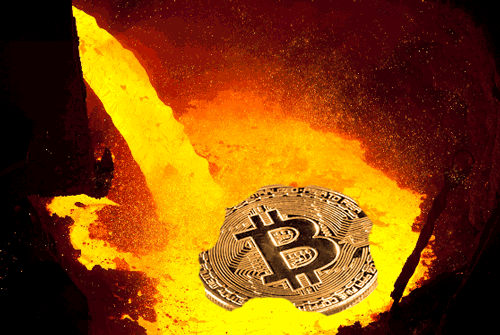Bitcoin is not just a digital asset for its early and most committed investors; it is thebest possible chance at financial freedom.
Bitcoin is a symbol of economic liberation for many of its early investors, not just a cryptocurrency. The digital asset’s potential as more than just the future of money was highlighted in a recent discussion between industry leaders who gathered to discuss bitcoin’s role in shaping the world’s financial and socio-political future.
Rob Nelson, Roundtable anchor, began the conversation by turning to James Heckman, CEO of Roundtable Media. Nelson was intrigued by Heckman’s growing interest in bitcoin over the last decade.
Heckman’s response was passionate. He painted a vivid picture of oppressive systems in places like Hong Kong, where the mere act of conducting a transaction is linked to facial recognition and an individual’s political history. The CEO went on to contrast these systems with the freedom that Bitcoin promises. He emphasized the difficulties confronting peaceful protestors in Canada, whose financial lifelines had been severed by government interventions.
Heckman’s worries extended to the middle class, whom he believes are the silent victims of the current economic system. With rising interest rates and the looming shadow of inflation, the middle class is in jeopardy.
Nelson steered the discussion toward the involvement of major financial players in the bitcoin realm with a statement aimed at David Bailey, the CEO of BTC Inc.
Bailey shared his thoughts on the subject. He praised free market capitalism as an unstoppable force that even titans like BlackRock and the Chinese Communist Party cannot withstand indefinitely. Bailey described bitcoin as the ultimate symbol of free market money, free of governmental constraints.







